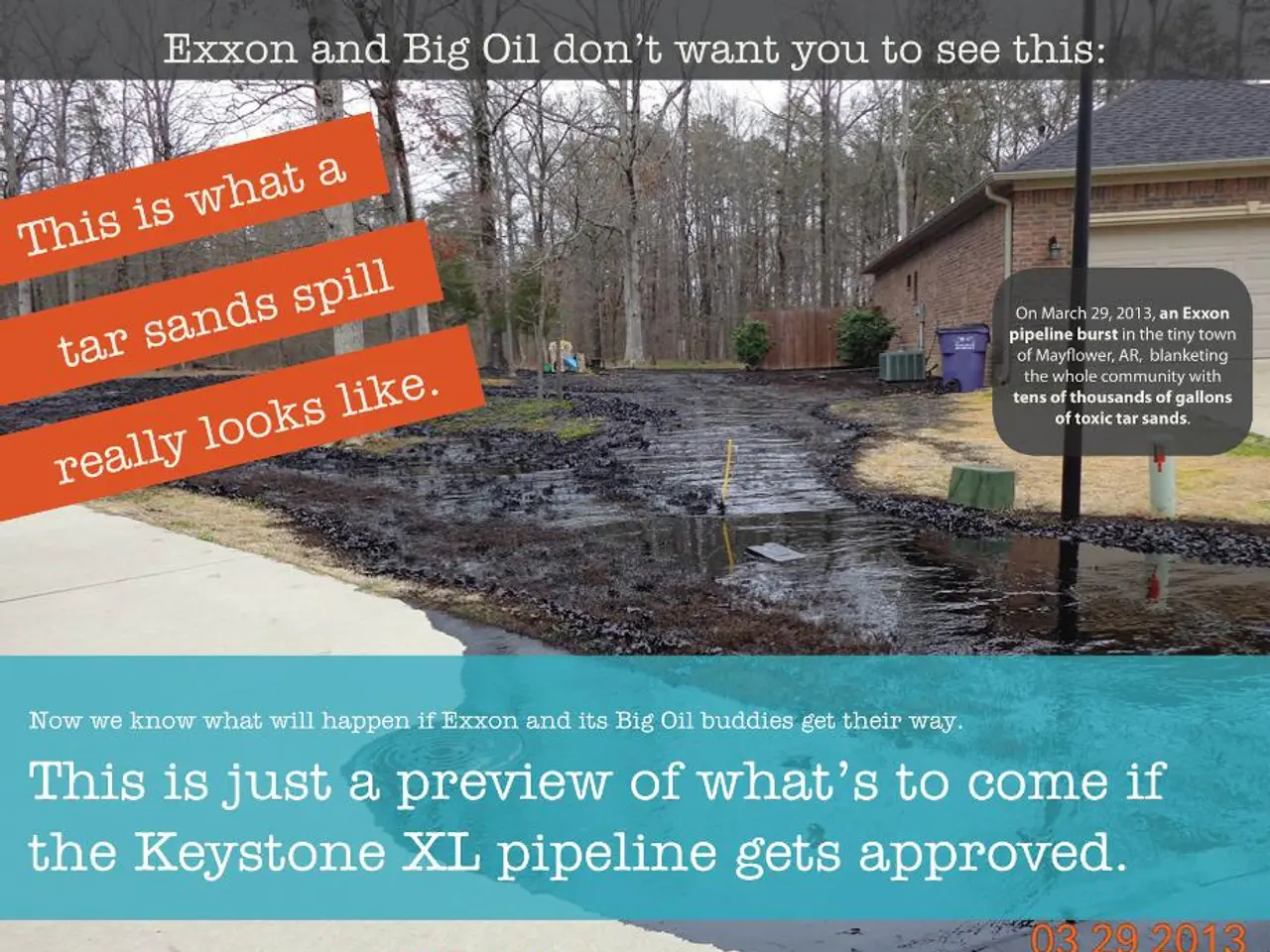In Pirmasens, surplus pizza is transformed into biodegradable plastic
In the heart of the West Palatinate, a groundbreaking research project named "Waste2Value" is underway at the Pirmasens campus of the University of Kaiserslautern. The goal of this project is to revolutionise the way we handle waste, by turning it into bio-plastic.
Led by project leader Michael Lakatos, the team's long-term vision is to produce plastics that break down after use, significantly reducing microplastics in our environment. This initiative is a collaborative effort, with several local companies from the West Palatinate involved, aiming to develop more sustainable products and processes.
The "Waste2Value" project is currently focusing on the development of biodegradable plastics and innovative adhesives. The common goal is to develop new, sustainable materials like bio-plastics, biofuels, and biodegradable adhesives from organic waste and without the use of fossil resources like oil.
The project was launched in 2020 and is supported by the University of Kaiserslautern, the Pirmasens Testing and Research Institute, the Future Region West Palatinate, and regional companies. The alliance, which coordinates the project, includes the University of Kaiserslautern, the Pirmasens Testing and Research Institute, ZukunftsRegion Westpfalz, and over 40 corporate partners involved across 15 projects.
The research in Pirmasens involves algae from all climate zones and a diverse lab-grown algae population. The microalgae grow in algae reactors, where they bind CO2 from the air and form biomass. The team is conducting studies on various species of microalgae to determine their suitability for the research. They are testing microalgae from various climate zones, including the Atacama Desert, Spain, Antarctica, the tropics, the Alps, and Svalbard.
Michael Lakatos, the head of the "Waste2Value" research project, emphasises the importance of this research, comparing it to where photovoltaic systems were in the 1970s. He also highlights a concerning fact: a credit card's worth of microplastic is ingested by the human body every week.
Minister-President Alexander Schweitzer (SPD) visited the Pirmasens campus and emphasised the importance of promoting biotechnology in Rhineland-Palatinate and Germany. The project is funded by the Federal Ministry of Research, Technology, and Space (BMFTR) under the “Innovation & Structural Change” funding program.
Looking ahead, Lakatos envisions a future where all building facades are equipped with algae reactors, making the West Palatinate greener and more sustainable. This ambitious project is a significant step towards a more sustainable future, addressing the global problem of plastic waste and microplastics.
Science and technology are integral to the "Waste2Value" project, as the team is developing biodegradable plastics and innovative adhesives through environmental science, utilizing various species of microalgae from different climate zones. This collaborative effort, involving local companies, aims to produce more sustainable materials while reducing microplastics in our environment.




